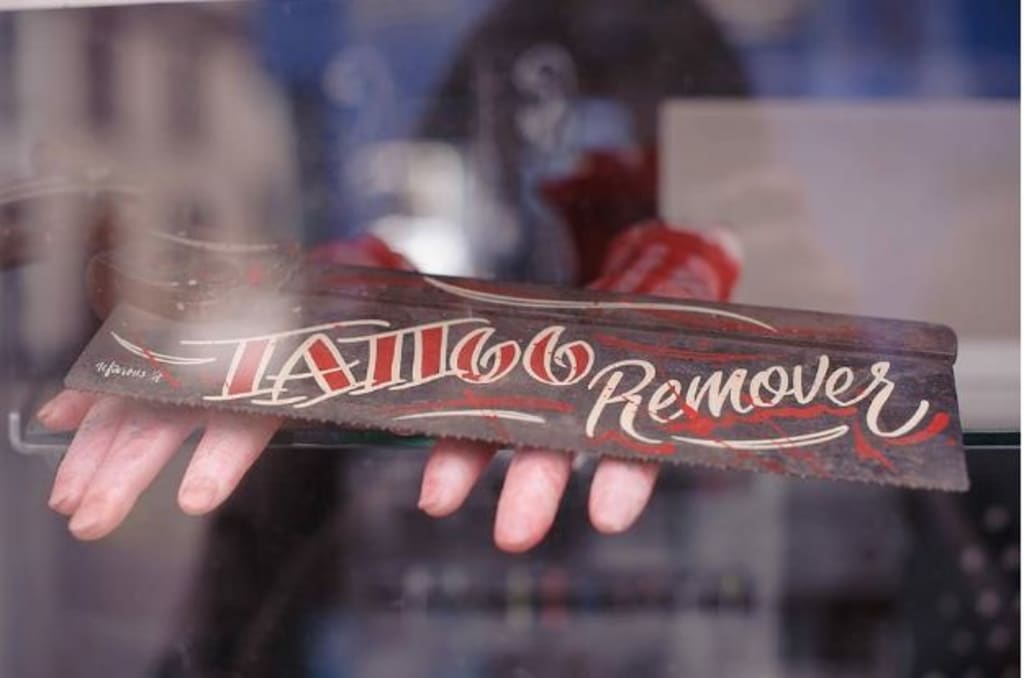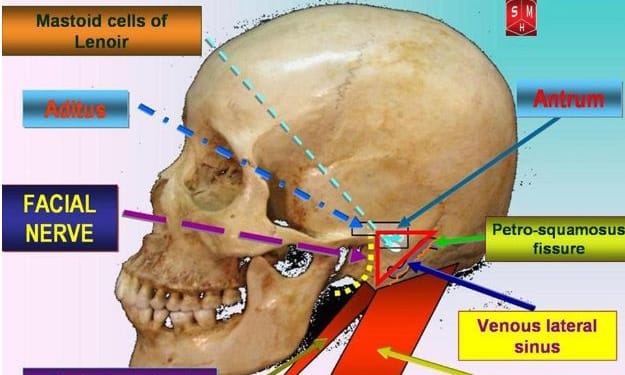Complications of Tattoos and Tattoo Removal: Stop and Think Before you ink
Tattoo Removal

Tattooing is a term derived from the Tahitian word “tattau” which means “to mark” and is a process of implanting permanent pigment granules in the body. It may be done to enhance aesthetic appeal or as a part of therapeutic purposes, or accidentally, in case of any skin infection.
Tattooing was practiced traditionally and has been increasingly in demand amongst teenagers for cosmetic or body decoration forms of art. It can also be used as a ‘permanent makeup’ offered by beauty salons. Medical therapeutic tattooing techniques are used as a camouflage to treat patients suffering from vitiligo, hair loss after craniofacial surgery, breast areola reconstruction after cancer surgery, and scars after reconstructive surgery. There are no safety guidelines issued by the government for the implantation of tattoos. It is hard to talk about the Sterility of the pigments and equipment used in tattooing because most of the tattooing jobs are done on the roadside. Consequently, the cases of adverse reactions to tattooing have increased. These side effects are often reported to the physicians but are generally not known to the public. The most common skin reaction reported by the people who are involved in tattooing is an inflammatory reaction due to needles and other medical equipment used by the tattoo implantation specialist.
There can be skin diseases like eczema, psoriasis, lichen planus, and morphea near the area surrounding tattoos.
Adverse effects of Medical Tattoos
Some physicians offer Tattoo services under certain medical conditions to hide diseases like resistant vitiligo, breast areola reconstruction after surgery, scar after burns or surgery, and permanent hair loss after craniofacial surgery. Tattoos under these medical conditions are less harmful as compared to the ones done for decorative purposes as they may contain unhygienic needles, but general complications of tattoos can occur anytime anywhere.
The most common complication reported by people is the color change, resulting in the color mismatch. For vitiligo patients, it is very important to get a good cosmetic skin-colored tattoo that matches with the skin area surrounding the normal skin. This requires proficiency because it often results in a color mismatch. Common areas of skin where this can happen are on the lips, exposed skin, and the acral areas. The color may fade over time if the pigment is placed superficially or it turns bluish due to the Tyndall effect.
People with a tanned body should never go for tattooing as when the skin color fades, the tattoo will appear darker than the original color of the skin. Managing the color mismatch of a vitiligo patient is referred to as skin grafting.
Adverse effects of Decorate Tattoos
Decorative tattoos are the riskiest of all. Most tattoo service providers implant tattoos in an unsterile environment. Only a few reactions can be seen immediately after the procedure. Some adverse reactions take time but will occur over time. Some may take days, weeks, months, and years to appear.
Infections
Tattooing is a process that causes physical injury to the skin that may invite viral and bacterial infections, depending on the unhygienic conditions during tattooing. There are three sources of getting infected after tattooing.
Using contaminated tattoo ink can inject the skin
Improper disinfection of the skin area where the tattoo will be implanted. This allows bacteria to enter the skin through the tattooing process.
During the healing process, people often complain about developing pruritus and burning sensation.
Viral diseases
As said, unhygienic and sterile needles may be used to implant tattoos. There are higher chances of catching viruses responsible for causing hepatitis B and C, human immunodeficiency virus (HIV), human papillomavirus (HPV), molluscum contagiosum virus, and herpes simplex virus (HSV) infection. According to a report, there are maximum chances of getting complications like hepatitis C virus when tattooing is not done in professional parlors.
How to prevent complications and remove a tattoo?
Most of the complications can be prevented by following strict guidelines. Follow this link, tattoo removal, to get the premier service of tattoo removal. The company uses extremely short pulses of laser light, to break down the tattoo ink particles into tiny fragments allowing your body to clear the tattoo safely without any hassle.






Comments
There are no comments for this story
Be the first to respond and start the conversation.